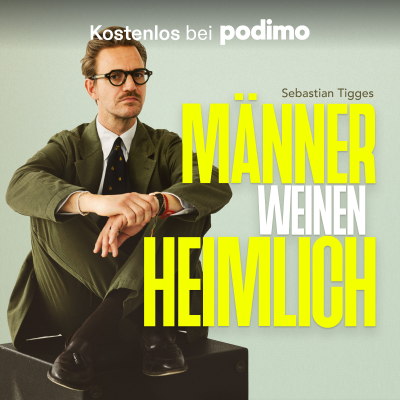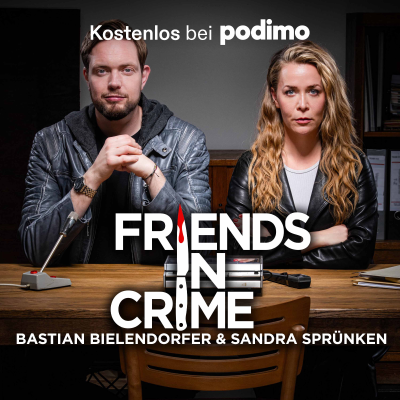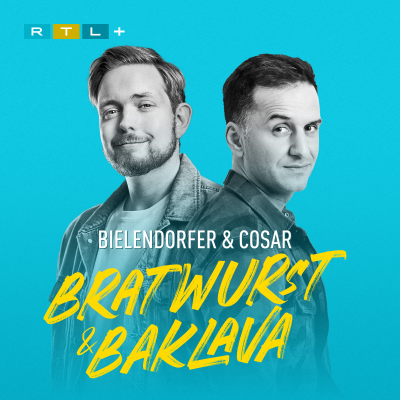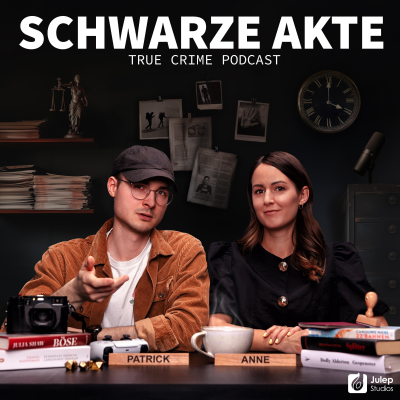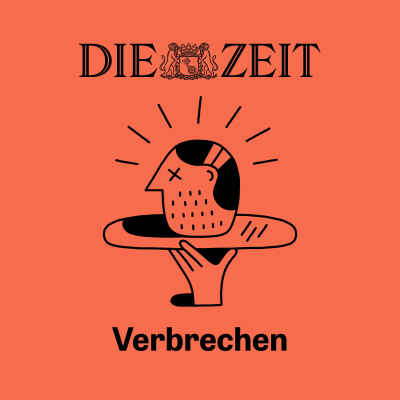
SPACE10 Radio
Podcast von SPACE10
Nimm diesen Podcast mit

Mehr als 1 Million Hörer*innen
Du wirst Podimo lieben und damit bist du nicht allein
Mit 4,7 Sternen im App Store bewertet
Alle Folgen
10 FolgenIn the face of an accelerating climate crisis and long standing social injustices, we have an opportunity to reimagine what design can do. In this episode, we discuss what constitutes good design and insights that we gained from our 14-day pop-up, in the hope that we can inspire each other and, together, create a better tomorrow.
Today, we are talking about tomorrow’s materials. On this episode, London-based material translator Seetal Solanki [https://ma-tt-er.org/], Mexican designer Fernando Laposse [https://www.fernandolaposse.com/], and Indian designer and visual artist Akanksha Deo Sharma [https://www.instagram.com/akanksha.sharma/?hl=en], who works in-house at IKEA [https://www.ikea.com/], join SPACE10’s Elsa Dagný Ásgeirsdótti to explore how different approaches to sustainable, circular, and regenerative design could redefine our relationships with materials, the land, and each other.
What new design methodologies are needed to address the complex challenges of our day and age? In part two of this conversation, design ethicist Nancy Douyon [https://nancydouyon.com/], Kara Pecknold [https://www.linkedin.com/in/karapecknold/] of frog [https://www.frogdesign.com/], researcher Mariam Bujalil [https://www.linkedin.com/in/mariam-bujalil-b0581b12/?originalSubdomain=mx], IKEA’s [https://www.ikea.com/mx/en/] Nanette Weisdal [https://www.linkedin.com/in/nanette-weisdal-2044a84/], and Jorge Camacho [https://www.linkedin.com/in/jorge-camacho-24858136/] of Diagonal Estudio [http://diagonal.studio/] come together to discuss the limits of our current design toolkit, and what mythologies and metrics might help us envision, prototype and build a better tomorrow.
Only two centuries have passed since the onset of the industrial revolution — and yet, already, we are living in a time of emergency. So how can we develop new design methodologies that address these complex challenges? In this two-part episode, design ethicist Nancy Douyon [https://nancydouyon.com/], Kara Pecknold [https://www.linkedin.com/in/karapecknold/] of frog [https://www.frogdesign.com/], researcher Mariam Bujalil [https://www.linkedin.com/in/mariam-bujalil-b0581b12/?originalSubdomain=mx], IKEA’s [https://www.ikea.com/mx/en/] Nanette Weisdal [https://www.linkedin.com/in/nanette-weisdal-2044a84/], and Jorge Camacho [https://www.linkedin.com/in/jorge-camacho-24858136/] of Diagonal Estudio [http://diagonal.studio/] contemplate what kind of design thinking is needed in this day and age.
There is no single ideal city and no one-size-fits-all approach to evolving cities in an equitable way. How can we design cities, neighbourhoods and streets that support a plurality of life? Joining us for this important conversation are curator and editor Mario Ballesteros [https://marioballesteros.com/], Sergio Beltrán-García [https://ssbeltran.com/about] of Forensic Architecture [https://forensic-architecture.org/], Carolina Crespo Uribe and Victor M. Rico Espínolaof Oficina de Resiliencia Urbana [https://www.o-ru.mx/] and Guillaume Charny-Brunet of SPACE10.
